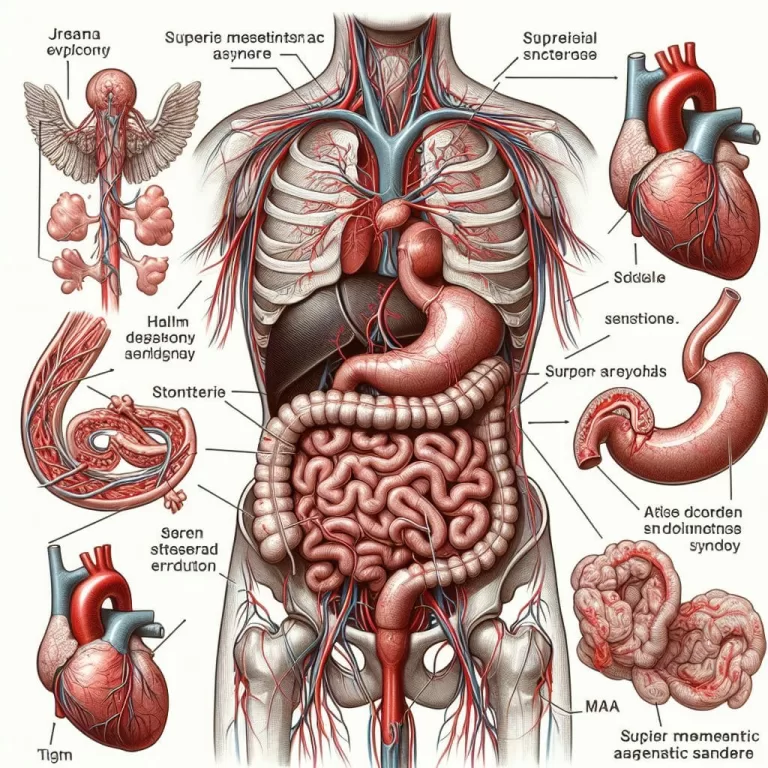Duodenal Obstruction
**Duodenal Obstruction: A Comprehensive Overview**
Duodenal obstruction, a condition characterized by a blockage in the duodenum (the first part of the small intestine), can result from various causes, including tumors, inflammation, adhesions, and congenital abnormalities. Symptoms often manifest as abdominal pain, nausea, vomiting, and impaired digestion.
**Causes of Duodenal Obstruction:**
* Neoplasms (cancerous and benign)
* Inflammatory conditions (e.g., pancreatitis, Crohn’s disease)
* Post-operative adhesions
* Congenital anomalies (e.g., annular pancreas, malrotation)
* Trauma
**Symptoms of Duodenal Obstruction:**
* Severe abdominal pain
* Nausea and vomiting
* Abdominal distension
* Constipation or diarrhea
* Weight loss
* Weakness and fatigue
**Diagnosis and Treatment of Duodenal Obstruction:**
Diagnosis involves imaging studies (e.g., X-ray, endoscopy, CT scan) to identify the location and cause of the obstruction. Treatment aims to alleviate symptoms and restore digestive function:
* Conservative measures (e.g., intravenous fluids, medications)
* Endoscopic intervention (e.g., dilation, stenting)
* Surgical intervention (in severe cases)
**Complications and Prognosis:**
Complications include malnutrition, dehydration, and perforation of the duodenum. Early diagnosis and treatment are crucial for minimizing complications and improving prognosis.
**Additional Information:**
* Duodenal obstruction is a serious medical condition that requires prompt medical attention.
* The severity of symptoms and treatment options depend on the underlying cause and extent of the obstruction.
* Regular follow-up is essential to monitor treatment progress and prevent recurrence.
Comprehensive Guide: Understanding Superior Mesenteric Artery (SMA) Syndrome

Superior mesenteric artery syndrome is a rare type of compression of the small intestine. It’s a treatable condition, but a delayed diagnosis can lead to more severe symptoms or even death. Superior mesenteric artery (SMA) syndrome has gone by many…
